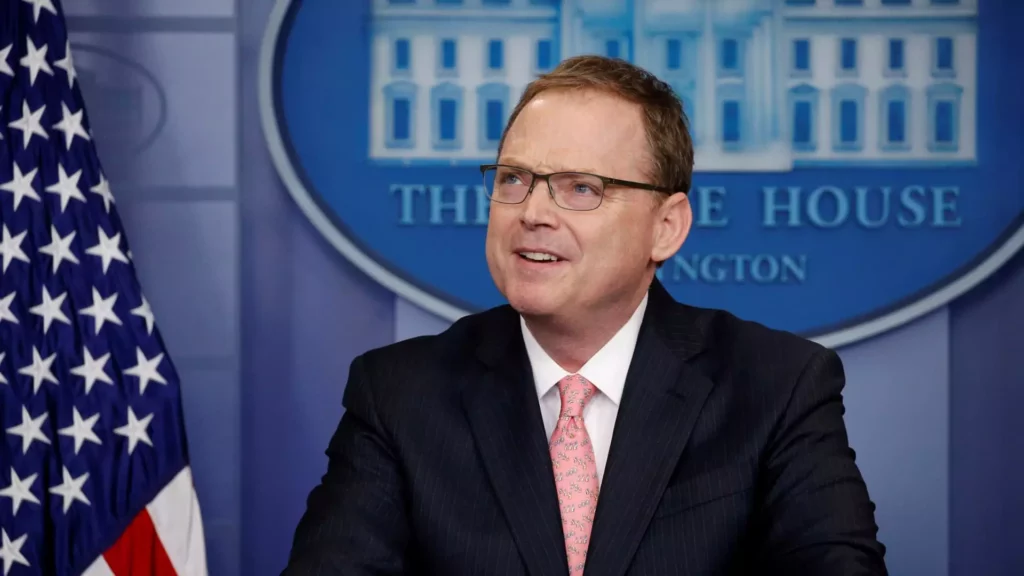Donald Trump’s selection of Kevin Hassett to lead the National Economic Council underscores a strategic approach toward shaping economic policy in his forthcoming administration. With Hassett at the helm, the dynamics of economic discussions involving critical issues such as trade, taxes, and deregulation are sure to evolve in line with Trump’s distinct leadership style. The chosen team reflects a continuation of Trump’s earlier policies and positions him firmly in favor of a more protectionist economic strategy.
Hassett’s appointment is particularly significant as it signals not just familiarity but also a commitment to align with previously established frameworks from Trump’s first term. During his earlier role as chairman of the Council of Economic Advisers, Hassett was instrumental in advocating for major corporate tax cuts and defending the administration’s tariffs on imported goods. His experience with connecting economic theory to practical policy decisions makes him a valuable addition to Trump’s cabinet. Meanwhile, the appointment of Jamieson Greer as U.S. Trade Representative further solidifies this alignment, implying a cohesive approach to trade negotiations and policies that may face scrutiny on the global stage.
The Implications of Increased Tariffs
One of the most notable aspects of Trump’s announcement is the recommitment to hefty tariff increases on Chinese imports, as well as on products from Mexico and Canada. Such moves not only reflect Trump’s longstanding agenda but also illustrate his willingness to abandon the principles of free trade that have dominated international relations for decades. This approach warrants close examination, as it suggests not just economic repercussions but a potential shift in diplomatic relations across North America and with China. The rationale behind these tariffs, aimed at curbing illegal immigration and drug trafficking, raises questions about the effectiveness and broader consequences of such economic measures.
While Hassett brings a wealth of experience to the position, challenges are inevitable. His previous involvement in contentious issues—like immigration reform in collaboration with Jared Kushner and sanction policies against Iran—means that he will need to navigate complex political landscapes. The evolving economic environment, compounded by ongoing global issues such as supply chain disruptions and inflation, will test the efficacy of the policies he champions. Additionally, the backlash from various sectors within the economy, particularly those that benefit from more lenient trade practices, cannot be ignored and will play a critical role in shaping the administration’s future direction.
As Donald Trump prepares for his inauguration on January 20, the assembly of his economic team, culminating with key appointments like Hassett and Greer, sets the stage for a decisive shift in economic policy. The implications of these choices, particularly in terms of tariffs and regulatory changes, will profoundly affect both the U.S. economy and international relations. With a clear agenda and a team focused on realizing that vision, Trump’s administration is poised to embark on a controversial yet potentially transformative path informed by bold economic interventions. The world will be watching closely to see how these dynamics unfold in a rapidly changing global context.

